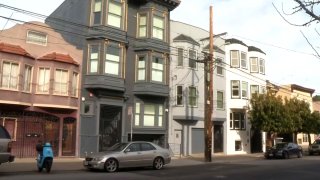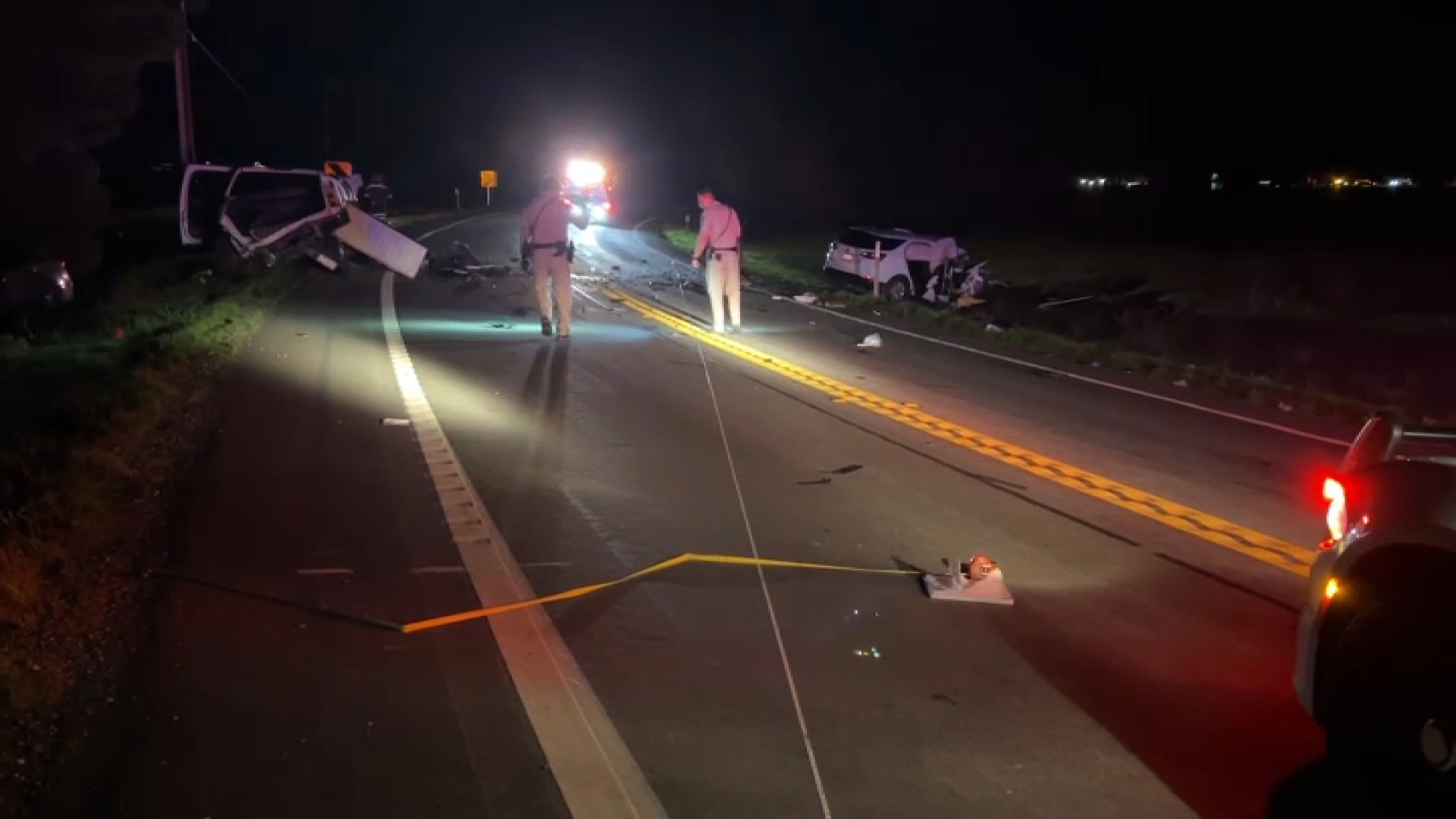
San Francisco Supervisor Dean Preston announced Tuesday he had filed, along with housing advocates, a ballot measure to tax owners of certain vacant residential units in an effort to increase the city's affordable housing stock.
Preston, along with the groups Democratic Socialists of America San Francisco Chapter and Faith in Action Bay Area, have called the measure the "Empty Homes Tax" ballot initiative.
Under the measure, a tax would be applied to owners of buildings of three units or more that have a residential unit that has been vacant for more than six months. The tax rate would be higher for larger units and would also increase the longer the unit stays vacant, according to Preston's office.
The measure is intended for the November 2022 ballot.
If ultimately passed by voters, the measure could bring 5,000 units of housing online within the first two years, according to a recent report released by the board's budget and legislative analyst.
According to the same report, more than 4,000 residential units in the city -- almost one of every 10 -- are currently unoccupied.
"In a city with a chronic shortage of affordable housing, and more than 8,000 people living on our streets, it is unconscionable that we have tens of thousands of homes sitting empty," Preston said, adding the measure would "incentivize property owners to do the right thing."
Local
Under the measure, single family homes and two-unit buildings are exempt, as well as properties under a lease or primary residences. Also, extra time to fill vacancies will be given in some circumstances, including construction, repair, natural disaster and death of an owner.
The more than $38 million annually in revenue anticipated from the tax would be used for homelessness prevention efforts such as rental subsidies for seniors and low-income families. The funds would also go toward acquiring vacant buildings and converting them into affordable housing.
Get a weekly recap of the latest San Francisco Bay Area housing news. >Sign up for NBC Bay Area’s Housing Deconstructed newsletter.
According to Preston's office, the measure is modeled after a residential vacancy tax enacted in Vancouver in 2016, which has since activated more than 18,000 residential units.



